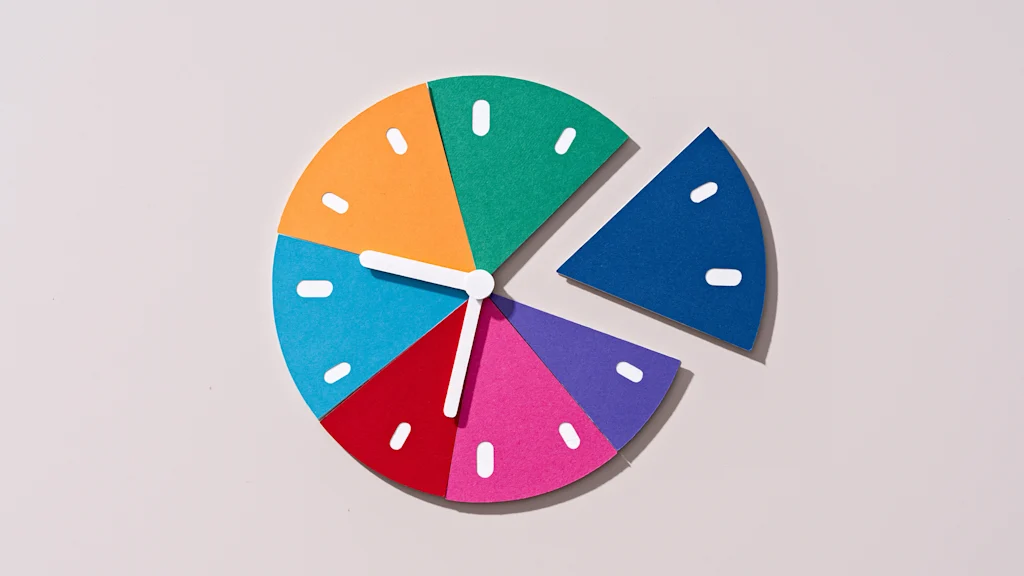Many people struggle with what is often referred to as time anxiety. Consider these common experiences:
- Starting your day late and feeling perpetually behind schedule.
- A relentless rush that edges into panic.
- Ending the day with only half of your planned tasks completed.
- A nagging sense that time is always slipping away.
If any of these resonate with you, it’s time to rethink your approach to time. The ancient Greeks had a distinct way of conceptualizing time that could offer significant relief from this anxiety. This perspective is encapsulated in what I call the “Kairos Rule.”
Understanding Chronos and Kairos
To grasp the essence of the Kairos Rule, we must explore two Greek terms for time, as articulated by neuroscientist Anne-Laure Le Cunff in her book *Tiny Experiments*.
– Chronos denotes time in its measurable form, characterized by clocks, calendars, and linear productivity goals.
– Kairos, on the other hand, emphasizes the qualitative aspect of time. This term highlights unique moments rather than treating them as mere units of measurement.
Le Cunff describes kairos as those fleeting instances that feel suspended, where one may feel wholly absorbed in the presence of loved ones or lost in self-reflection. As she aptly puts it, “Kairos is when you feel like this moment, right now, is perfect.” This notion bears similarity to the Japanese phrase *ichi-go ichi-e*, which translates to “once in a lifetime.”
The Philosophy Behind the Kairos Rule
The essence of the Kairos Rule is straightforward: not every moment has equal value; the importance of time varies with each situation. This concept proves especially beneficial in today’s fast-paced society, which glorifies a flawed interpretation of productivity.
Le Cunff articulates a compelling critique of what she terms “toxic productivity.” She asserts, “Nobody really wants to live a productive life. We want to express ourselves, connect with others, and explore the world.” In her view, productivity should serve as a means to genuine living, rather than overshadowing it.
Le Cunff highlights a societal shift where the meaning of rest, reflection, and meaningful engagement has diminished, with project outcomes prioritized above all else. “Conversations become transactional,” she notes, and in the chase for immediate results, many of life’s unproductive yet insightful moments are lost.
This distorted view of productivity fosters an environment where short-term achievements take precedence over long-term well-being, leading to increased stress, burnout, and mental health struggles. The Kairos Rule counters this trend by encouraging individuals to value moments of curiosity and contemplation, thus allowing them to maximize their time with loved ones and in meaningful activities.
Implementing the Kairos Rule in Daily Life
To harness the power of the Kairos Rule, consider these reflective questions:
- Am I dedicating enough time to what truly matters, such as nurturing relationships or taking moments for self-care?
- Is completing everything on my task list essential? If so, does it come at the cost of more significant priorities?
- What modifications can I make to my schedule that align with my broader life goals?
It is crucial to recognize that not all actions will leave you feeling productive, and that is perfectly acceptable. Instead of fixating on linear productivity, focus on seizing moments that offer depth and meaning—those quintessential kairos experiences.
By doing so, you may discover a surprising revelation: you’re not lagging behind in life; you are exactly where you need to be, right on time.
— By Justin Bariso
This article first appeared in *Inc.*, a publication that champions the journey of the American entrepreneur and seeks to inspire and inform through stories of innovation and determination.






